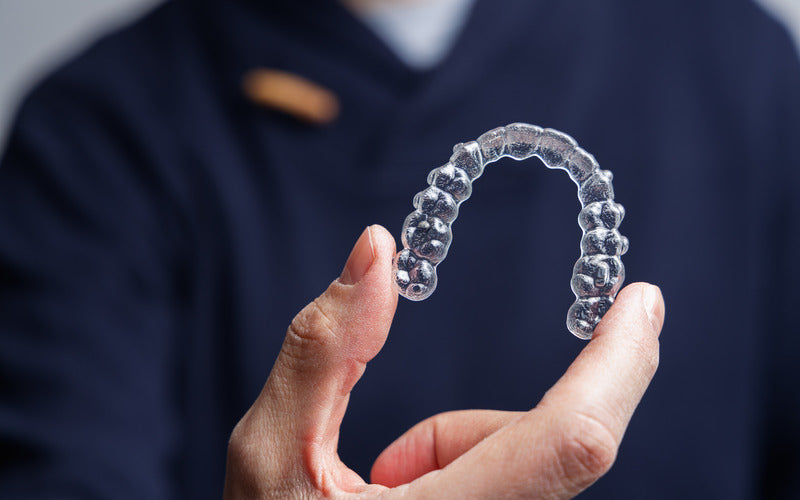Botox or Juvéderm: A Comprehensive Comparison for Seniors
As individuals age, they may notice changes in their appearance, particularly in their facial skin. Wrinkles, fine lines, and loss of volume are common signs of aging. Many seniors seek non-surgical cosmetic treatments to restore a more youthful appearance and boost their self-confidence. Two popular options for addressing facial aging are Botox and Juvéderm.
Related Topics (Sponsored Ads):
Understanding Botox
Botox is a brand name for botulinum toxin type A, a neurotoxic protein produced by the bacterium Clostridium botulinum. In cosmetic treatments, Botox is injected into specific facial muscles to temporarily block nerve signals, leading to muscle relaxation. This helps smooth out wrinkles and fine lines caused by repetitive muscle movements, such as frowning or squinting.

Pros of Botox for Seniors
Effectiveness: Botox is highly effective in reducing the appearance of dynamic wrinkles, particularly on the forehead, between the eyebrows, and around the eyes. It can create a more relaxed and youthful appearance by smoothing the skin's surface.
Quick Procedure: Botox injections are relatively quick and can often be completed during a short office visit, making it convenient for seniors with busy schedules or limited mobility.
Minimal Downtime: There is typically minimal downtime associated with Botox injections, allowing seniors to resume their daily activities shortly after the procedure. This is especially beneficial for active seniors who do not want to be sidelined by lengthy recovery periods.
Cons of Botox for Seniors
Temporary Results: Botox provides temporary results, usually lasting three to six months. Subsequent treatments are necessary to maintain the effects, which means seniors should factor in regular appointments as part of their long-term cosmetic plan.
Limited Impact on Static Wrinkles: Botox is not as effective for treating static wrinkles (wrinkles that are visible even when facial muscles are at rest) as it primarily targets dynamic wrinkles. For seniors with more prominent static wrinkles, alternative treatments may be more suitable.
Understanding Juvéderm
Juvéderm is a brand of hyaluronic acid dermal fillers. Hyaluronic acid is a naturally occurring substance in the skin that helps maintain hydration and volume. Juvéderm injections involve injecting the gel-like filler into areas with volume loss, such as the cheeks, lips, and nasolabial folds (lines from the nose to the mouth).
Pros of Juvéderm for Seniors
Immediate Results: Juvéderm provides immediate results, with visible improvement in facial volume and wrinkle reduction right after the treatment. Seniors can experience an instant rejuvenation of their facial features, which can boost their confidence and self-esteem.
Longevity: The effects of Juvéderm can last anywhere from six months to two years, depending on the specific product used and individual factors. Longer-lasting results mean fewer visits to the cosmetic provider, which may be preferable for some seniors.
Versatility: Juvéderm can address a wide range of facial concerns, including volume loss, deep wrinkles, and thinning lips. This versatility allows seniors to achieve more comprehensive facial rejuvenation with a single treatment.
Cons of Juvéderm for Seniors
Sensitivity to Needles: Some seniors may be more sensitive to injections, which can cause temporary discomfort or bruising at the injection sites. While the discomfort is typically minor, seniors should be aware of this possibility.
Allergic Reactions: While rare, some individuals may experience allergic reactions to the hyaluronic acid filler. It is essential for seniors to inform their healthcare provider of any allergies before the treatment to minimize the risk of adverse reactions.
Cost: Juvéderm injections can be more expensive than Botox, especially if multiple syringes are required to achieve the desired results. Seniors on a budget may need to carefully consider the cost-effectiveness of this treatment option.
Safety Considerations for Seniors
Both Botox and Juvéderm are generally safe when administered by a qualified and experienced healthcare provider. However, seniors should take some precautions before undergoing either treatment:
Medical History: Seniors should inform their healthcare provider of their complete medical history, including any medical conditions or medications they are taking. Certain conditions or medications may contraindicate the use of Botox or Juvéderm.
Individual Skin Sensitivity: Skin becomes more delicate with age, and some seniors may have increased skin sensitivity. It is essential to conduct a patch test before the procedure to check for any adverse reactions and ensure that the skin is suitable for the treatment.
Consultation: Seniors should have a detailed consultation with their healthcare provider to discuss their aesthetic goals, potential risks, and expected outcomes before deciding on the treatment. This allows seniors to make an informed decision and address any concerns they may have.
Cost Considerations
The cost of both Botox and Juvéderm varies depending on factors such as the number of units or syringes required, the geographic location of the treatment facility, and the experience of the healthcare provider. In general, Botox injections are priced per unit, while Juvéderm fillers are priced per syringe. Botox treatments typically require fewer units than Juvéderm fillers, making Botox a more cost-effective option for treating dynamic wrinkles.
Conclusion
Choosing between Botox and Juvéderm depends on the specific concerns and aesthetic goals of the individual senior. Botox is an excellent choice for targeting dynamic wrinkles and achieving a smoother, more relaxed appearance. On the other hand, Juvéderm is more versatile and can address volume loss and static wrinkles, providing a comprehensive facial rejuvenation.
Ultimately, the decision should be made in consultation with a qualified healthcare provider who can assess the individual's needs, discuss the potential benefits and risks, and tailor the treatment accordingly. Seniors interested in non-surgical cosmetic treatments should prioritize safety, seek a qualified provider, and consider their budget when making their decision.
Both Botox and Juvéderm can offer effective and satisfying results for seniors looking to enhance their appearance and boost their self-confidence in their golden years. Aesthetic treatments can play a role in helping seniors feel more vibrant and youthful, contributing to their overall well-being and quality of life.




